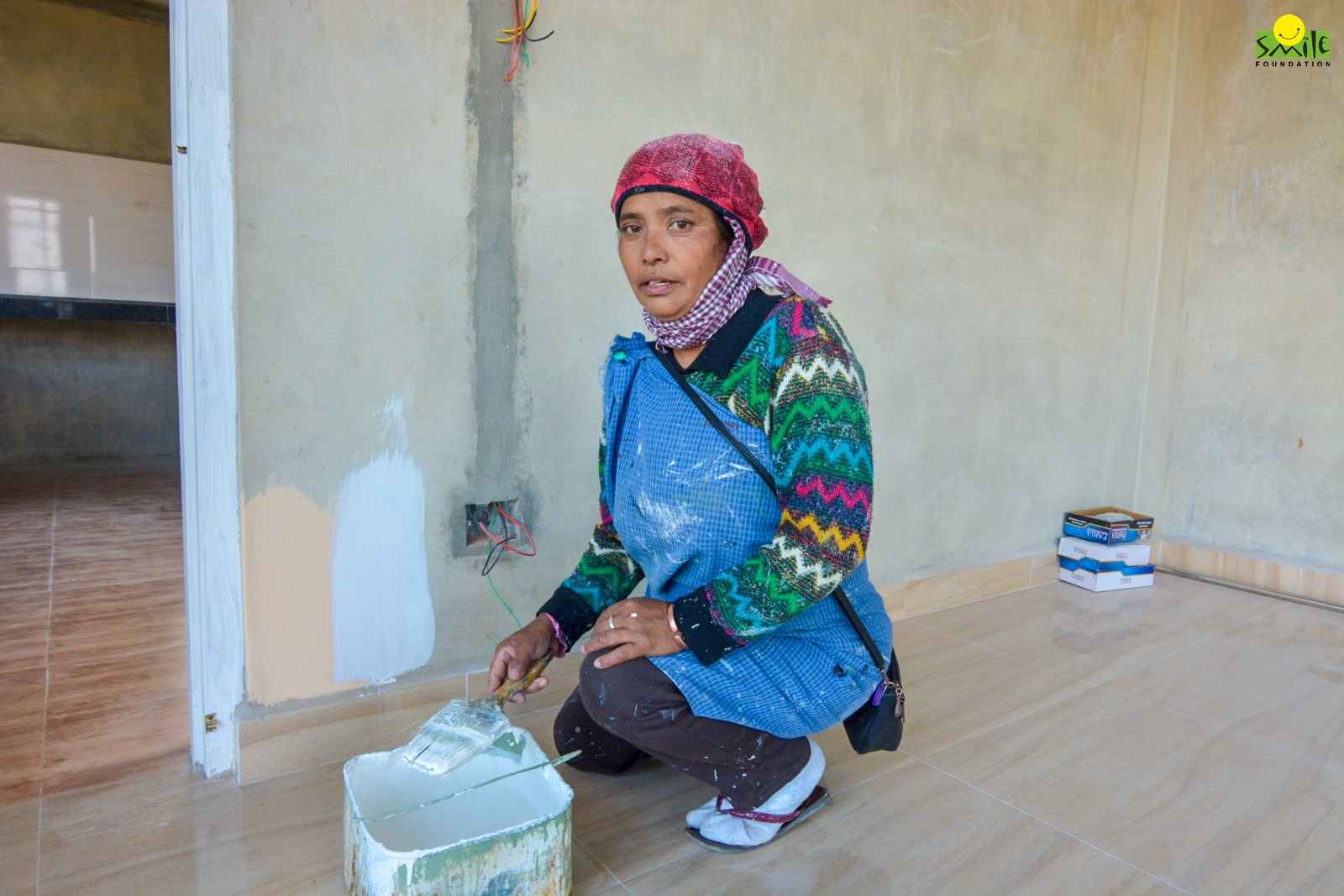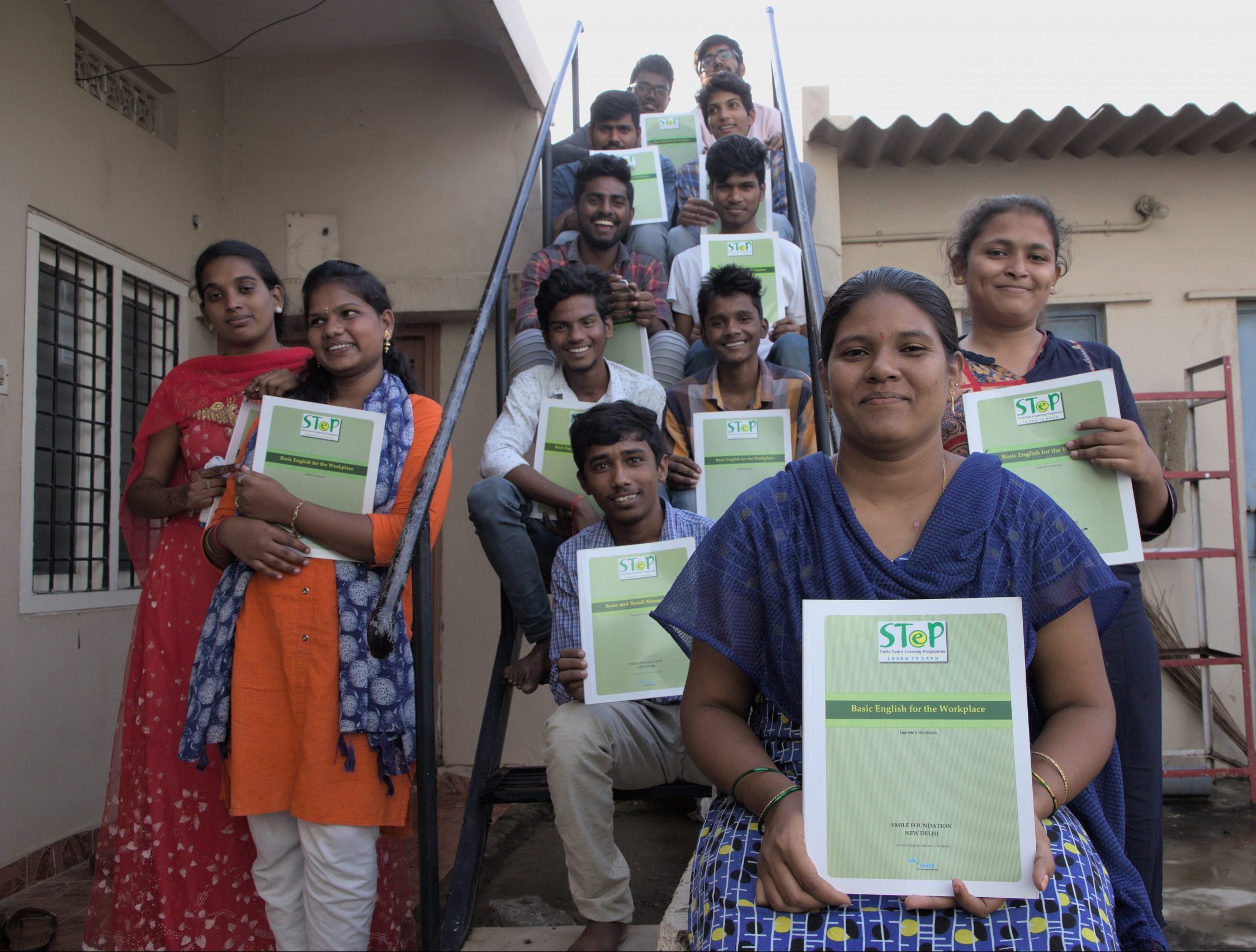Have you ever donated to non-profit organizations for a social cause such as sponsoring the education of underprivileged children and their healthcare? Or are you geared up to donate for charity? If you are self employed or salaried and a part of your income is deducted as tax, here is your opportunity to save. Utilize your donations to gain income tax benefits and save on your tax. You enjoy dual benefits – help alleviate the cause you are donating for and get returns at the same time. All your benevolence and goodwill in the form of charitable acts will come back to you in the form of income tax benefits.
As per the Income Tax Act, 1961, not all donations are subject to tax deductions. If you have donated to an NGO that is not certified under Section 80G of the Income Tax Act, you may not be entitled to tax benefits. To save on tax, ensure that the NGO you have chosen for donating meets this criterion.
What is Section 80G?
The Income Tax Act, 1961 encourages charitable deeds. This government body offers donation tax benefits to donors under Section 80G. NGOs and Trusts having a 12A certificate are entitled to 80G certification. A 12A registration is a one-time exemption obtained by a Trust/NGO. The IT Department intensely scrutinizes every detail before granting such a certification.
Donations towards social causes are eligible for a tax deduction under Section 80G under the Income Tax Act. Corporate establishments and individuals looking to give to charity can avail a tax deduction only when the donation is in favor of NGOs or non-profitable institutions certified with 80G.
Scope of Donations for Social Cause in Context of Tax Saving
- Irrespective of the source of income, any tax payer who has donated for a social cause to an eligible Trust/NGO can claim deductions
- One is eligible for income tax deductions only for the amount donated
- Only donations made in cash or cheque are eligible for tax deductions
- If any donation is made in kind, in the form of medicines, clothes, food, etc., it is not eligible for tax deduction
- One may donate out of taxable or exempt income
- Under Section 80G of Income Tax Act, donations to overseas charitable trusts are not eligible for any deduction
- Deductions can be claimed while filing Income Tax Return
- Donations can be made by a resident Indian or an NRI, HUF or a company; deductions can be claimed on the donations made.
Limit of Deduction
Generally, the amount of deduction is either 50 percent or 100 percent of the donated sum, depending on the charitable organization chosen. The Income Tax Department has enlisted certain Trusts donating to which, one can enjoy 100 percent deductions. The govt. department has also listed few Trusts for which the extent of deduction is 50 percent.
For certain donations, the summative deduction is limited to 10 percent of the ‘Adjusted Gross Total Income’. Adjusted Gross Total Income is the gross total income (GTI) after certain adjustments. For example, Mr. Y’s GTI is Rs. 50,0000. He pays Rs 60000 for LIC and long-term capital gain (LTCG) is Rs 40000. Now adjusted GTI would be Rs. 500000 – Rs. 60000 – Rs 40000 = Rs. 400000. 10 percent of adjusted GTI of this amount would be Rs. 40000. In this case, if one makes a donation larger than 10 percent of the Adjusted Gross Total Income, the donation amount eligible for claiming a deduction would be capped at only 10 percent of the Adjusted Gross Total Income.
How You Can Claim Tax Deduction
You cannot claim deduction unless you furnish details and documents related to the donations you made. If you wish to enjoy tax benefits from the donated amount, it is mandatory for you to furnish proof of payment towards the NGO or Trust. As aforementioned, the said institution should be eligible under the Income Tax Act, i.e. registered with 80G.
When you donate, the NGO or Trust issues a stamped receipt. This stamped receipt has to be furnished when you file for income tax returns. The receipt must include the following details:
- Name, address, and PAN of the NGO/Trust
- In case of 100% deduction, Form 58 should be attached
- The name of the donor
- The amount donated, which should be mentioned in words and figures
- Receipt should contain valid registration number of the NGO/Trust conferred by the Income Tax department under Section 80G with mention of dates of validity.
If an employee of a company regularly or partially donates for a social cause to an eligible Trust and the donation amount deducted from the salary, a deduction can be claimed. The employee should furnish a certificate issued by the employer while filing IT returns.
It is mandatory to furnish these details to claim tax benefits from donations for a social cause.
Conclusion
What you give comes back to you one day. That is the law of Karma. For charitable activities, you enjoy the returns without wait! When you sponsor an underprivileged child or several children for their education and betterment, the inner joy that you experience is sublime. It cannot be expressed in words. Besides, you contribute to nation building. Join hands in adding smiles to million souls across India!
Make a difference NOW! To contribute click here.









